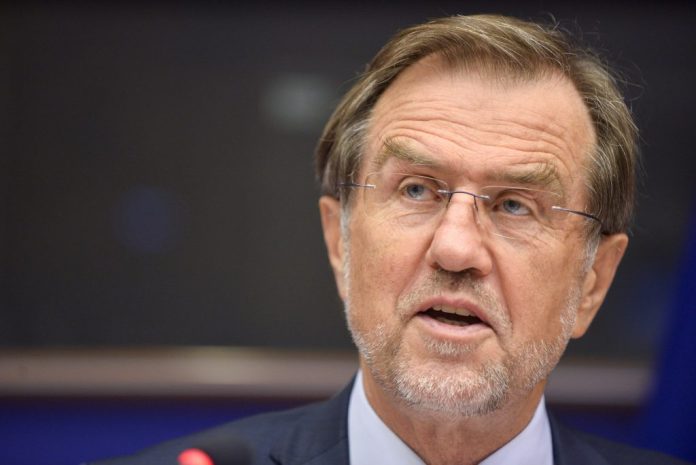Former Slovenian Prime Minister Lojze Peterle delivered a strong warning while discussing the threats that Europe and the West faced, GB News reported.
Peterle stated that he feared “civilisational and cultural decline.”
“I saw divided Europe. I spent my first 42 years in the communist Yugoslavia, which was a totalitarian country led by the Communist Party. Then I saw and I worked for Reunited Europe, and later I spent 15 years in the European Parliament. Now I see a weak Europe, but I see that the concept of the enemy is present almost everywhere, is present globally, and this is what you have to think about.”
GB News’ Darren Grimes asked the former Prime Minister about the political trajectory of the younger generation.
The left wing, especially those described as cultural Marxists, they try to engage young people with their slogans. And I was fighting for freedom, but today it seems that each desire can become a right and related to freedom and so on.
Peterle notes that the new rights “are produced on a daily basis” and are devoid of liability.
“I like to say that the roots are not the past. I remember how many times in the former communist countries, the former leading communists said let’s forget the past. I can understand why they would wish that we forget… Because the past is the only thing we really have. We can’t grow without roots and this is why we need I would say clear conservative concepts related to the reality we are living in.”
The former prime minister stated that today the concept of the enemy was increasingly dividing and polarising Europe.
We can live when diversity enriches us. But we have equal dignity and we have to find a language which will allow us to live together. And totalitarians, they don’t like diversity very much. They simplify the reality by excluding those who are different.
Responding to Darren’s final question about what message Peterle would like to address to European leaders, the latter urged not to label “the others” as Conservatives while talking about a progressive approach. He called such a rhetoric an “ideology.”
“We have to agree what is what is progressive and progressive is only that what will enable us to reach higher quality of togetherness, higher quality of our community.”
